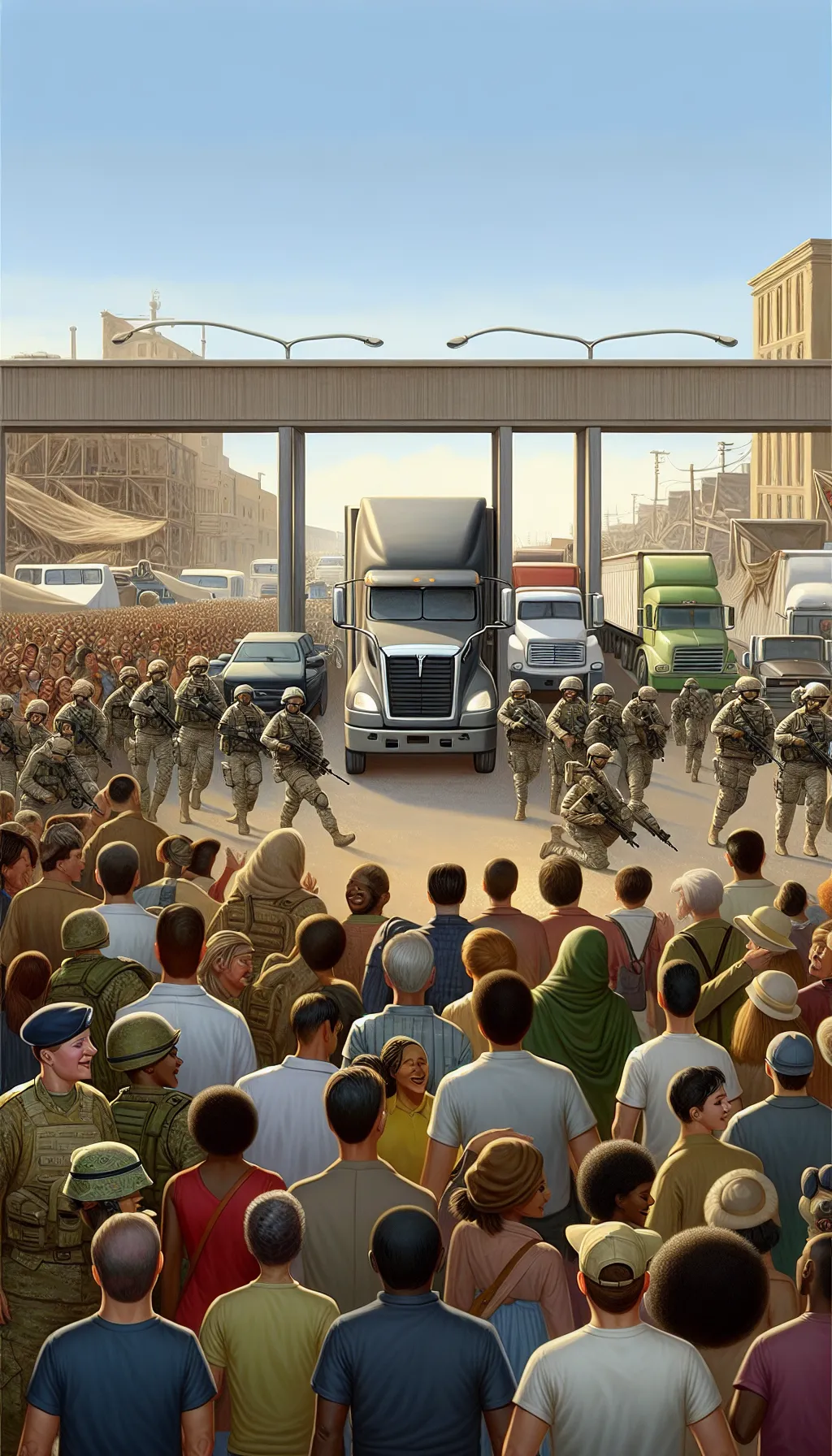Germany – The End of the Berlin Blockade – May 12, 1949
TLDR;
- Event: The Berlin Blockade ended on May 12, 1949, after nearly 11 months, allowing supplies to flow freely into West Berlin again.
- Response: The Allies sustained West Berlin through the Berlin Airlift, delivering essential supplies by air during the blockade.
- Outcome: The Soviet Union lifted the blockade due to the airlift’s success and international pressure, marking a Cold War victory for the West.
- Aftermath: The Allies continued the airlift until September 1949 to stockpile supplies, while the event deepened the Cold War divisions in Germany.
–
–
Story
The air was thick with anticipation as the first trucks rumbled through the reopened checkpoints into West Berlin. It was May 12, 1949, and the Soviet blockade that had strangled the city for nearly a year was finally over. The people of Berlin, weary but resilient, watched as the restrictions that had isolated them from the world were lifted, allowing the free flow of supplies once again.

The Berlin Blockade was a bold move by the Soviet Union, an attempt to force the Allies out of West Berlin by cutting off all land and water routes to the city. For 11 long months, the citizens of West Berlin had been sustained by the Berlin Airlift, a massive operation that saw Allied planes deliver food, fuel, and supplies to the beleaguered city. Day and night, the skies were filled with the hum of aircraft, a lifeline that kept hope alive.
The turning point came not from a grand battle, but from the sheer determination and ingenuity of the Allied forces. The airlift had proven that the Soviets could not starve the city into submission. Faced with the undeniable success of the operation and mounting international pressure, the Soviet Union had no choice but to lift the blockade.
While the blockade officially ended on May 12, 1949, the Allies continued the airlift until September 1949 to stockpile supplies in case the Soviets reinstated the blockade. The end of the blockade was a significant Cold War victory for the West, demonstrating the resilience of the Allied forces and the people of Berlin. However, tensions remained high, and the division of Germany only hardened in the years that followed.
The events in Berlin had shown that unity and determination could overcome even the most daunting challenges, setting a precedent for future confrontations in the Cold War era.
–
| Would a different strategy have changed the outcome of the Berlin Blockade? |